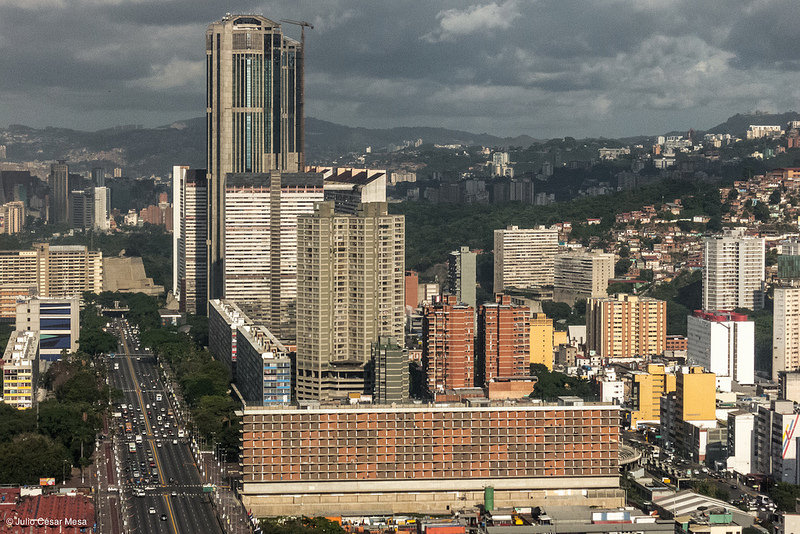Venezuela is in deep economic crisis. According to recent report from the World Bank, with the country still gripped in stagflation and political turmoil, the recovery in the region remains at risk, Bloomberg reported.
However, in times of such economic mayhem, Venezuela’s bitcoin community seems to be going strong. According to Rodrigo Souza, core developer at Blinktrade, people often trade goods and services for the digital currency in the country, Bitcoin Magazine reported.
“Bitcoin is generally viewed by Venezuelans as a positive innovation,” Souza told Bitcoin Magazine.
Although the Venezuelan government has never clarified its stance on bitcoin, the law is very clear on its definition of money, and bitcoin does not fit that definition. Under Venezuelan law, Bitcoin is considered property rather than money.
The Venezuelan exchange SurBitcoin is a result of partnership between VK Inversiones/Vipples and BlinkTrade. The exchange has been offering new users 100 bolivares worth of BTC ever since it was setup in August 2014. In 2014, the 100 bolivars was worth nearly $1.30, while at present it is worth $0.11. Bitcoin Magazine pointed out that the average salary at that time was close to $250 per month, and now it has fallen to around $20 per month.
“But since the Venezuelan economy contains such strong price controls,” says Souza, “this also means they pay the cheapest electricity bill in the planet. We know a mining farm operator who has close to 1 petahash of power and his electricity bill is close to $20 per month. The average electric bill for 320kw consumption is close to 6 cents. This means that a person mining bitcoins with old equipment at home makes more money than an engineer working 160 hours a month.”
Cheaper electricity in the country makes it conducive for mining bitcoin. Bitcoin Magazine reported that most bitcoin sold in Venezuela are either mined there itself or sent by Venezuelans living abroad to help their families.
“I would say that 10 percent of our 10,000 users are de-facto bitcoin miners. Additionally, a lot of people buying bitcoins in large quantities on SurBitcoin are buying because it is the only way for them to import new miners,” says Souza.
Bitcoin Mining Community Thrives In Venezuela

Caracas. Venezuela. Julio César Mesa/flickr
Thursday, January 7, 2016 7:10 AM UTC
Editor's Picks
- Market Data
Most Popular



 FxWirePro- Major Crypto levels and bias summary
FxWirePro- Major Crypto levels and bias summary  FxWirePro- Major Crypto levels and bias summary
FxWirePro- Major Crypto levels and bias summary 






























